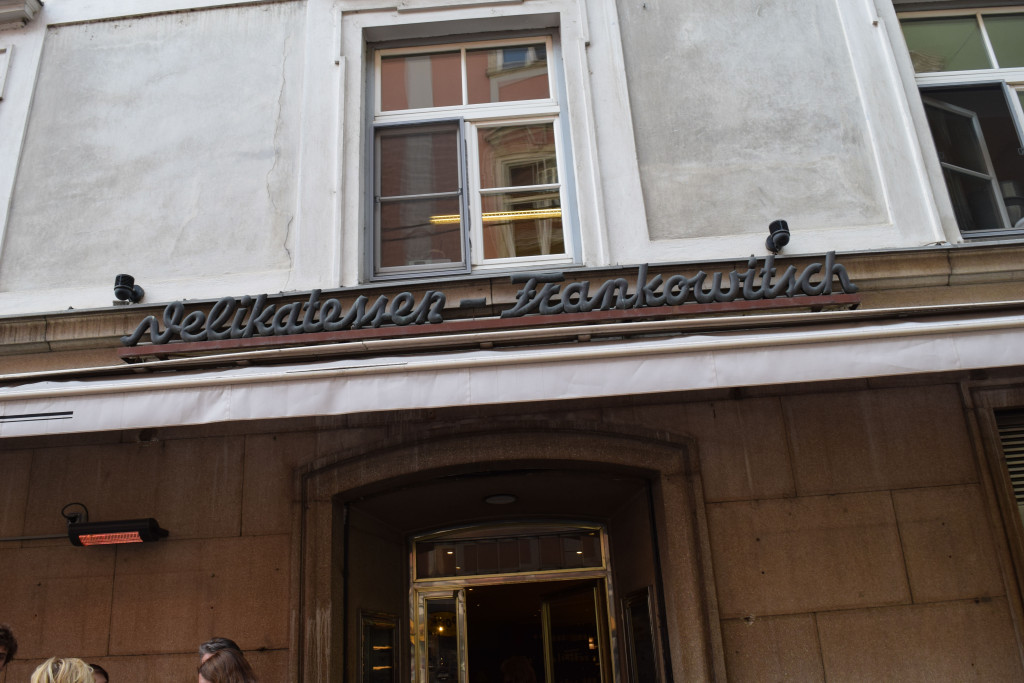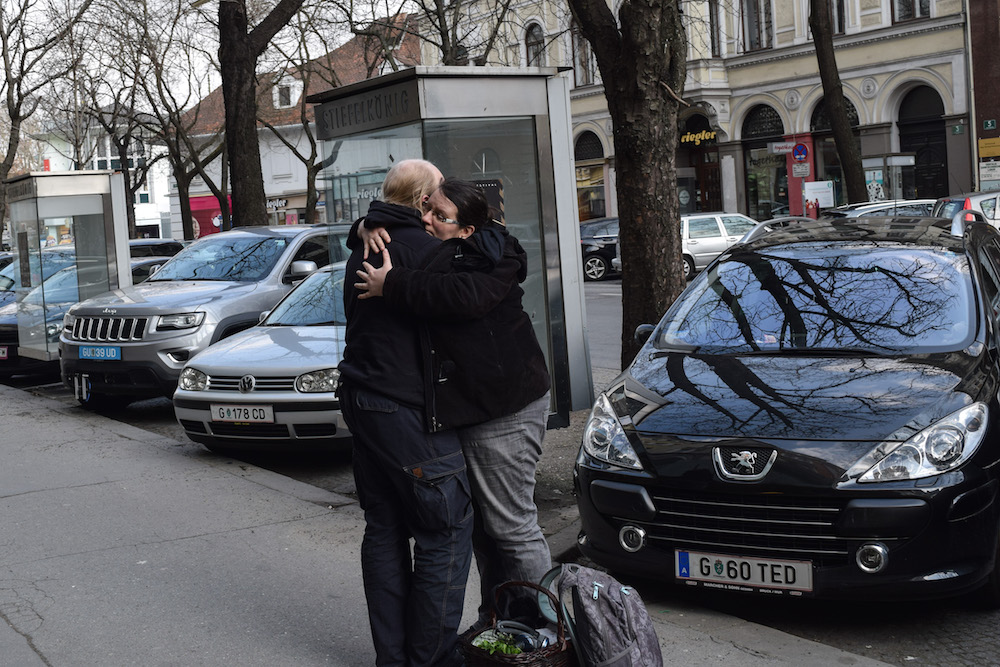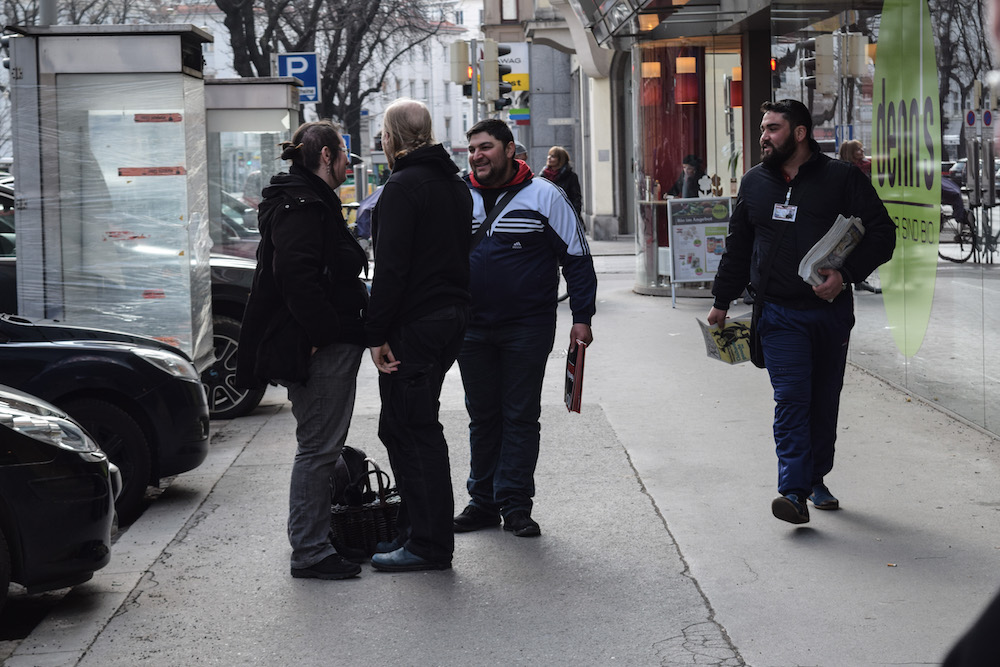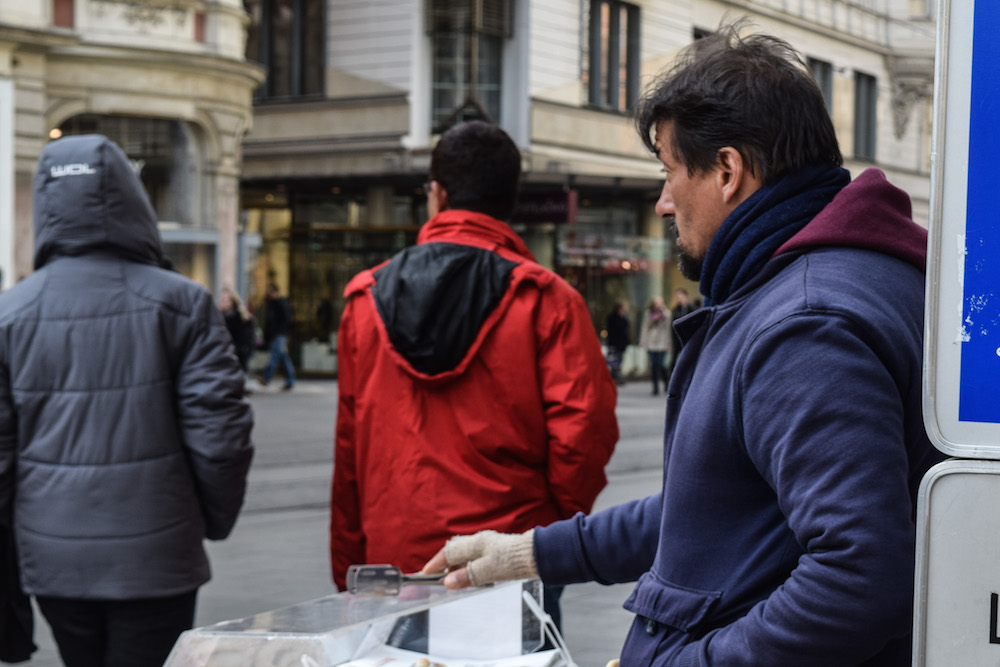In this classroom, knowledge is overrated.
28.10.2015
“We need a really strong, powerful question,” he says to a couple dozen fourth graders at John B. Russwurm PS 197, an elementary school in the New York City neighborhood of Harlem. The students, who are scattered cross-legged on the floor of the classroom, eagerly shoot their hands into the air.
Mitra calls on a boy in a t-shirt. “Let’s hear your question.”
He stands up. “I want to know, why do dogs chase cats?”
“I’ve never thought of that before,” Mitra replies, scratching his head before calling on another student.
“How come father seahorses have babies and the females don’t?”
And another.
“How do you make a computer?” a young girl shouts.
Mitra, a researcher at Newcastle University and winner of the 2013 TED Prize, ponders the suggestions for a moment, before deciding the first—why do dogs chase cats?—to be the most intriguing of the bunch. He informs the students they’ll have 20 minutes to find the answer to the question, but under a few conditions. First and foremost, they can’t talk to adults. Second, with 24 students and only six computers in the room, they’re going to have to form groups and work together. And lastly, they can and should read each other’s answers.
“I tell them if they want to see what another group is doing they can just walk across the room and look,” he says. “Children often say this is cheating, but I tell them no, it’s not called cheating, its called sharing.”
I’ve always had a hard time explaining to teachers why it’s not the knowledge, the facts and figures that count, but how you arrive at that knowledge. Asking the right questions is much more exciting than being told what the answer is. This article does a much better job explaining it.
Source:
“Es ist nicht Schummeln, es ist Teilen”: Food for thought. #Bildungswende in Aktion https://t.co/N9ExwTmyi8 @matstrolz
— Josef Lentsch (@joseflentsch) October 28, 2015

























